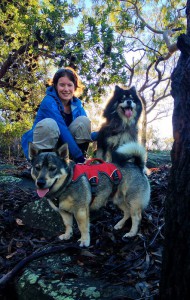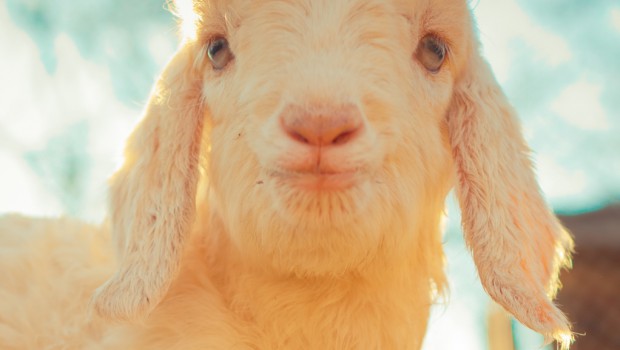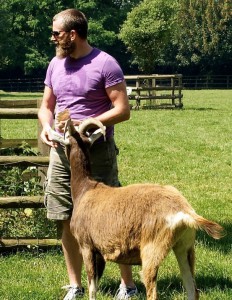Does your pet have a glass half full, or glass half empty take on life?
It’s a recent discovery that many animals can be optimistic or pessimistic based on their experiences.
Dr. Melissa Starling holds a Bachelor of Science in Zoology and recently gained her PhD from the Faculty of Veterinary Science at the University of Sydney with a topic that covered elements of dog behaviour, personality, emotions and cognition.
She has long had a passion for animal behaviour and animal training that has intensified as she learns more.
In this episode, we talk to Mel about her PhD research investigating optimism and pessimism – or cognitive bias – in dogs.
Podcast
Publications
Starling, M. J., Branson, N., Cody, D., Starling, T. R., & McGreevy, P. D. (2014). Developing an optimism index using results from a cognitive bias task. Journal of Veterinary Behavior: Clinical Applications and Research, 9(6), e17-e18.
Starling, M. J., Branson, N., Cody, D., Starling, T. R., & McGreevy, P. D. (2014). Canine Sense and Sensibility: Tipping Points and Response Latency Variability as an Optimism Index in a Canine Judgement Bias Assessment. PloS one, 9(9), e107794.
Starling, M. J., Branson, N., Cody, D., & McGreevy, P. D. (2013). Conceptualising the Impact of Arousal and Affective State on Training Outcomes of Operant Conditioning. Animals, 3(2), 300-317.
McGreevy, P. D., Starling, M., Branson, N. J., Cobb, M. L., & Calnon, D. (2012). An overview of the dog–human dyad and ethograms within it. Journal of Veterinary Behavior: Clinical Applications and Research, 7(2), 103-117.

Links
Melissa Starling on Twitter (@dogoptimism)
Creature Teacher (personal website)
Video – Optimism in Dogs (Melissa Starling)
Cover image: Flickr/hoodsie



